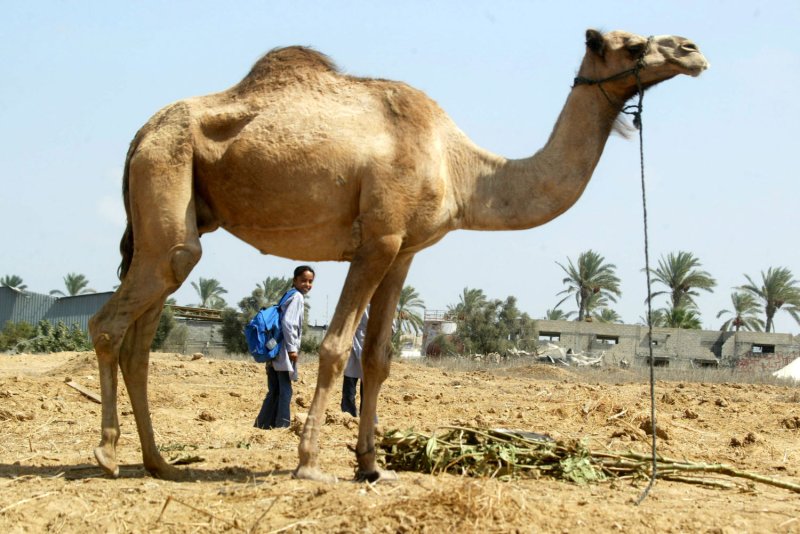VIENNA, May 8 (UPI) -- Scientists at the University of Veterinary Medicine, Vienna, found the Middle East Respiratory Syndrome coronavirus from infected humans and Arabian camels from the same geographical region are nearly identical.
Virologists Norbert Nowotny and Jolanta Kolodziejek of the Institute of Virology at the University of Veterinary Medicine, Vienna, said MERS-CoV was first detected in June 2012 in a patient from Saudi Arabia, with severe pneumonia. Since then, more than 300 people developed an infection, about a third of whom died.















